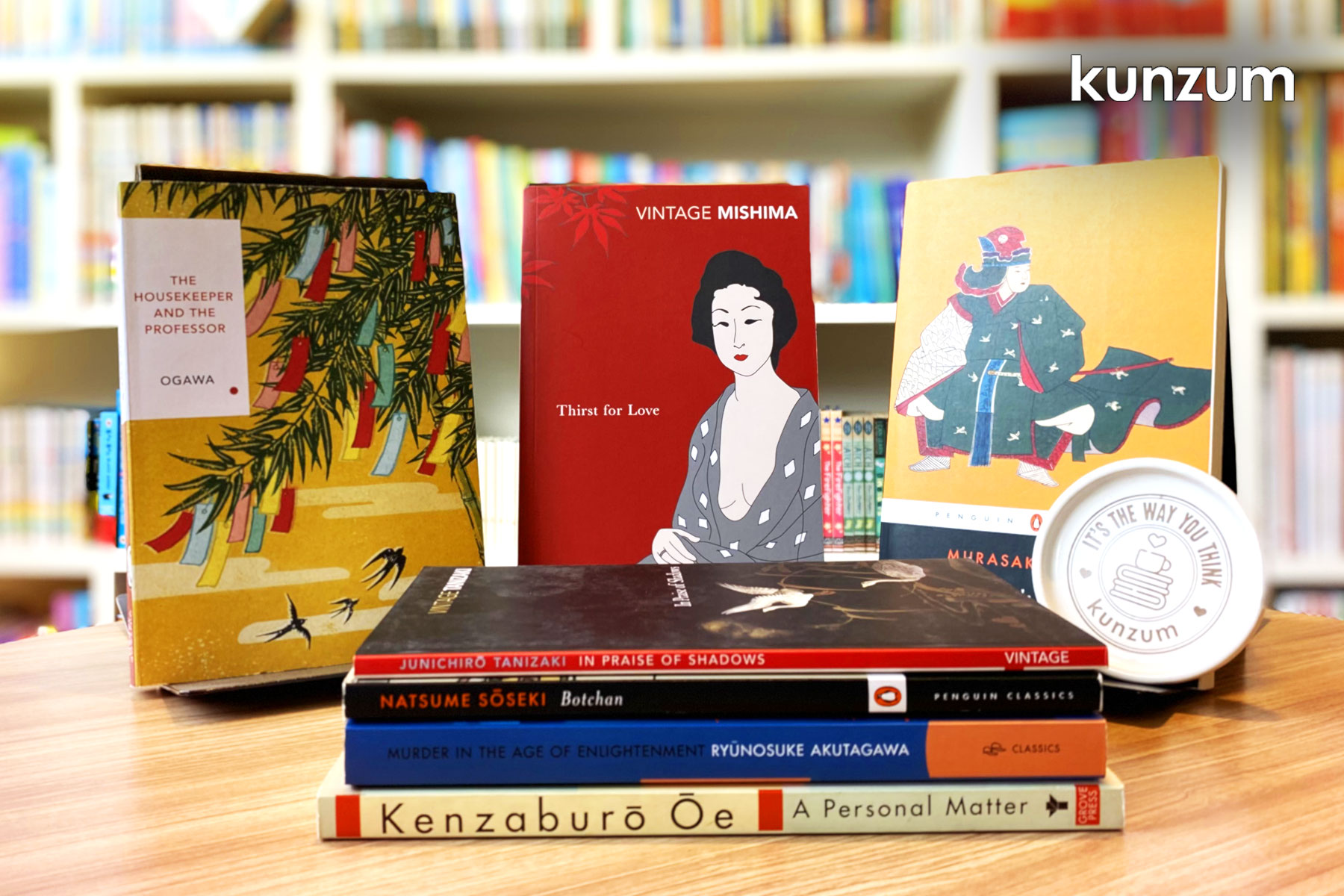
The tiny islands of Japan have held the fascination of the world because of their customs and their culture. But what is not as well-known about Japan is the depth and power of its literature. While the world has lauded the works of prominent western authors, Japan has been home to some authors who have touched upon not just the human condition but also topics like love, longing and desire.
Here are seven books that left us spellbound with their powerful narratives.
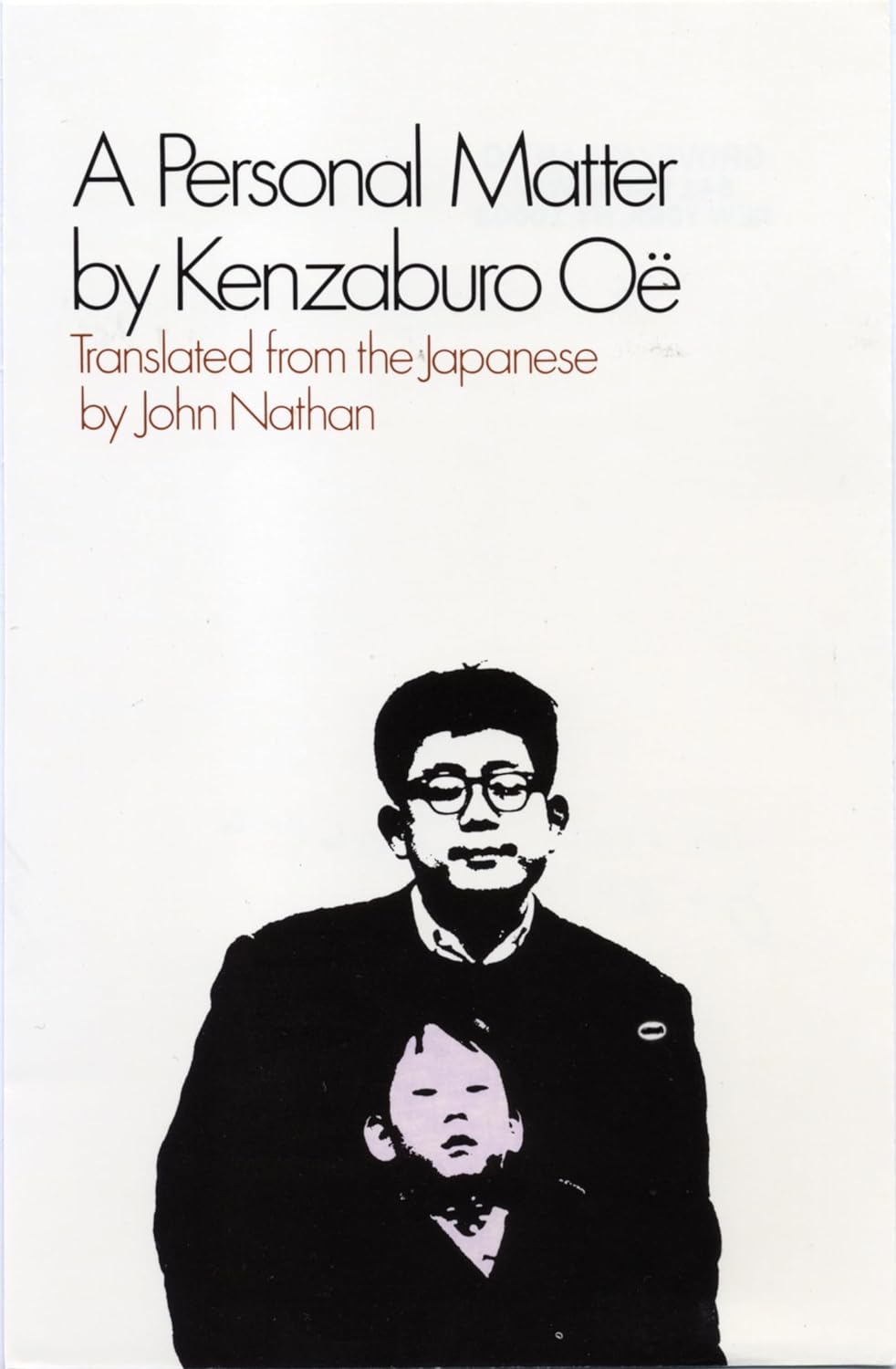
A Personal Matter by Kenzaburo Oe
A Personal Matter, is the story of a frustrated intellectual in a failing marriage whose life is shattered when his wife gives birth to a brain-damaged child. It’s a deeply unsettling read. The protagonist Bird wishes for the child to die, his behavior spirals into a well of disillusionment. He sleeps with a former lover, abuses alcohol, and ultimately has to come to terms with his own morality. This book is the stuff of legends, only a true giant could have penned such a tale. Devastating, hard, but essential since it makes us think—What if this happened to me?
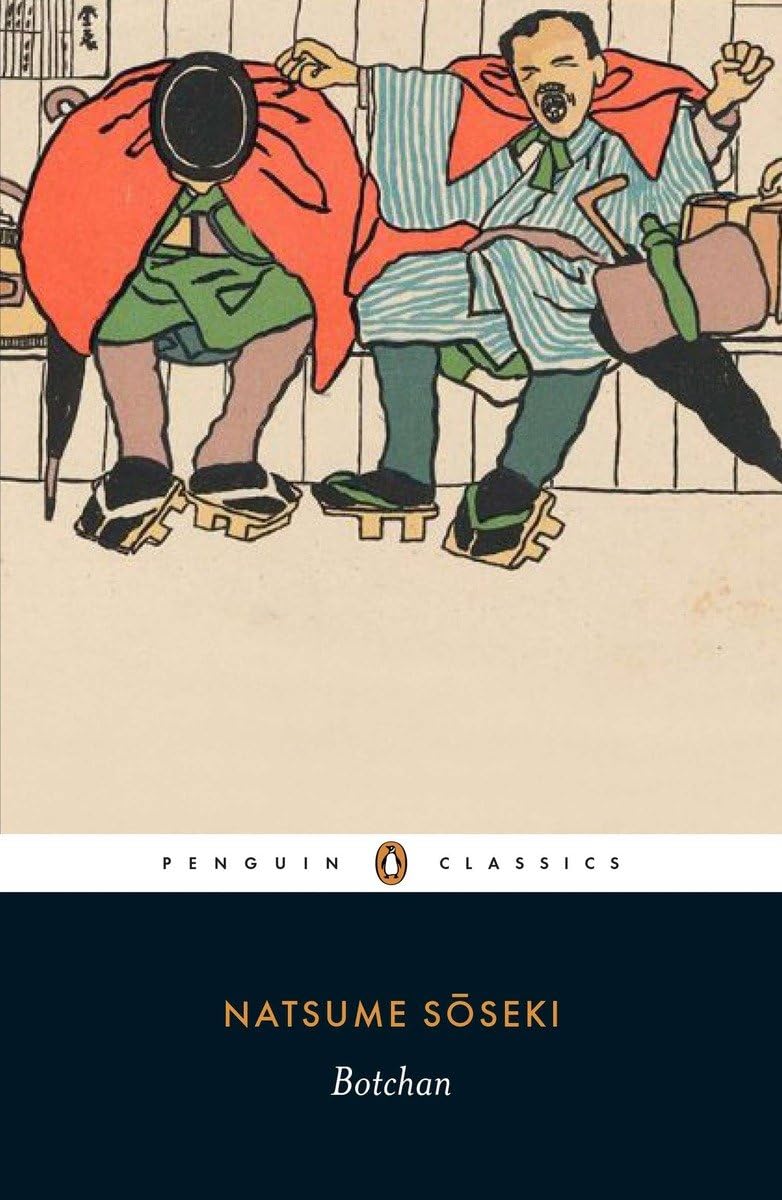
Botchan by Natsume Soseki
Now that I thought about it, though, I realized that most people actually encourage you to turn bad. They seem to think that if you don’t, you’ll never get anywhere in the world. And then on those rare occasions when they encounter somebody who’s honest and pure-hearted, they look down on him and say he’s nothing but a kid, a Botchan.
The most widely read novel in Japan where it is considered a classic similar to the likes of The Catcher in the Rye or The Adventures of Huckleberry Finn, this book is a lesson in morality delivered with humor. The central character is faced with these choices—whether to be bad for it is easy, or to stay good and pure. To break free from traditions of the past, or to embrace the traditions as the truth of himself. Ultimately Botchan is a parable of morality that is still as fresh as it was at the time of its publishment.
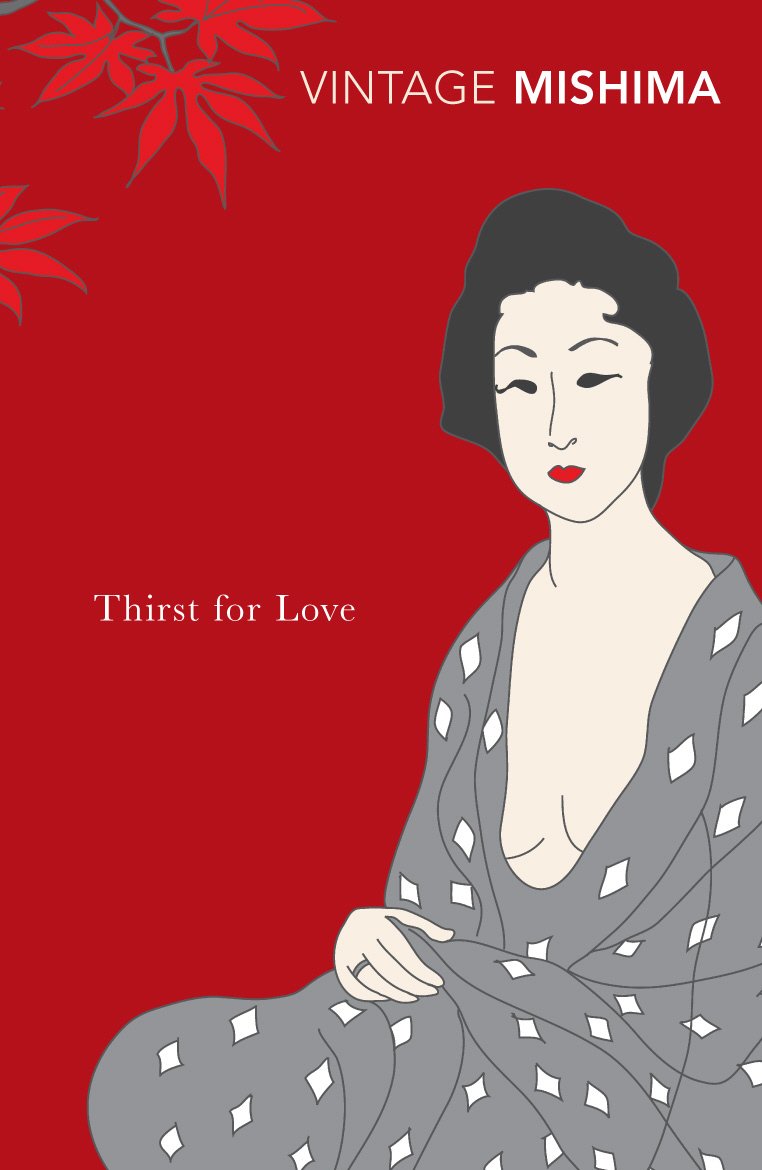
Thirst for Love by Yukio Mishima
Mishima was a mad genius who was considered for the Nobel Prize in Literature multiple times. He had a penchant for the odd, the absurd, the radical and the tragic. His radicalism led him to stage a coup in trying to overthrow the democracy of Japan during which he ultimately committed hara-kiri.
Thirst for Love explores the subject of longing and the desire to inflict pain upon the object of one’s love. Filled with brutality, oedipal elements, and a prose that demands to be read twice every now and then, Thirst for Love is another Mishima’s overlooked masterpiece.
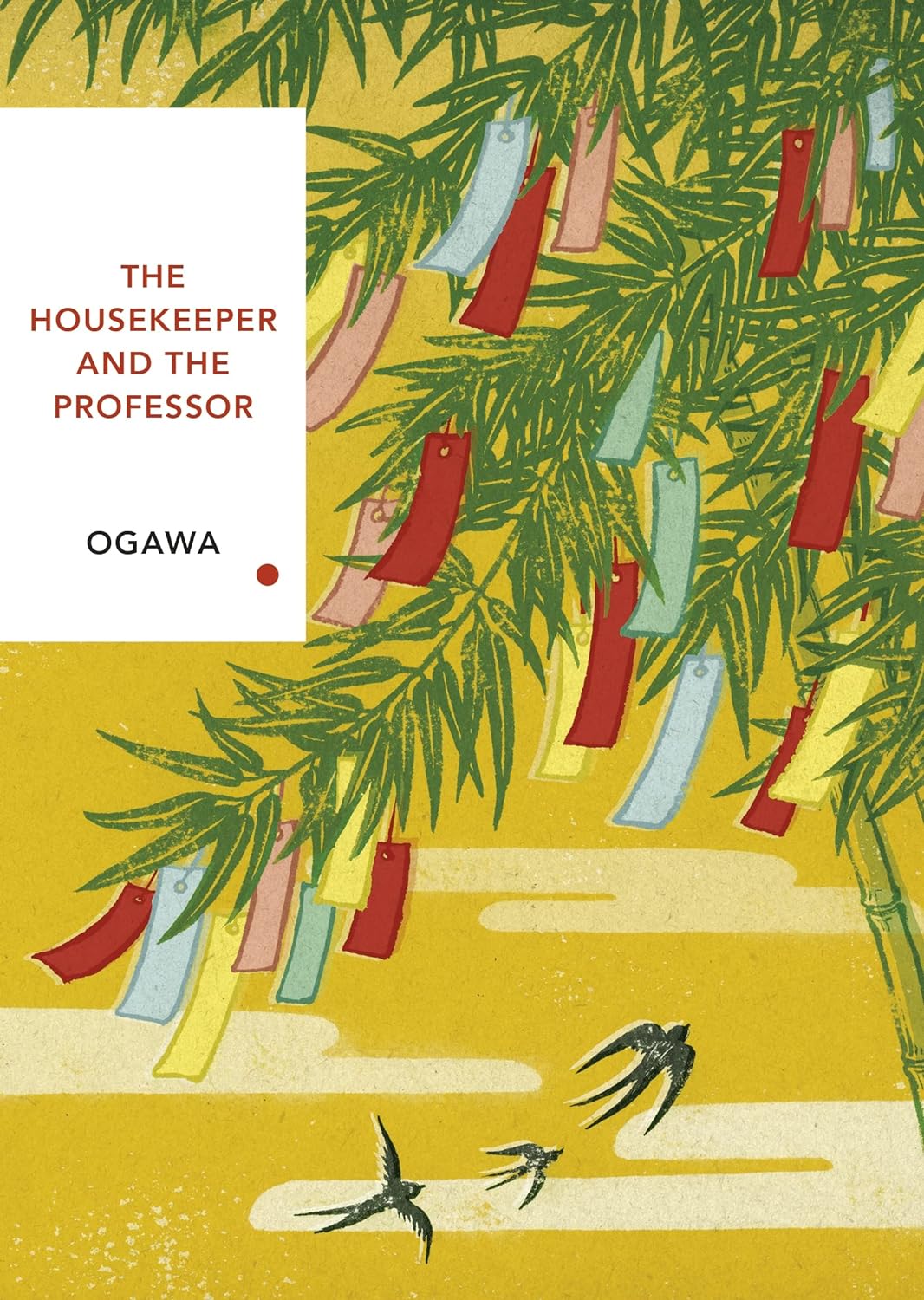
The Housekeeper and the Professor by Ogawa
He is a professor with a peculiar problem–ever since a head injury, he has lived with only eighty minutes of short-term memory. She is a young Housekeeper, with a ten-year-old son, who is hired to care for him.
And every morning, as the Professor and the Housekeeper are introduced to each other anew, a strange and beautiful relationship blossoms between them. Though he cannot hold memories for long, the Professor’s mind is still alive with equations from the past.
The Housekeeper and the Professor is an enchanting story about what it means to live in the present, and about the curious equations that can create a family.
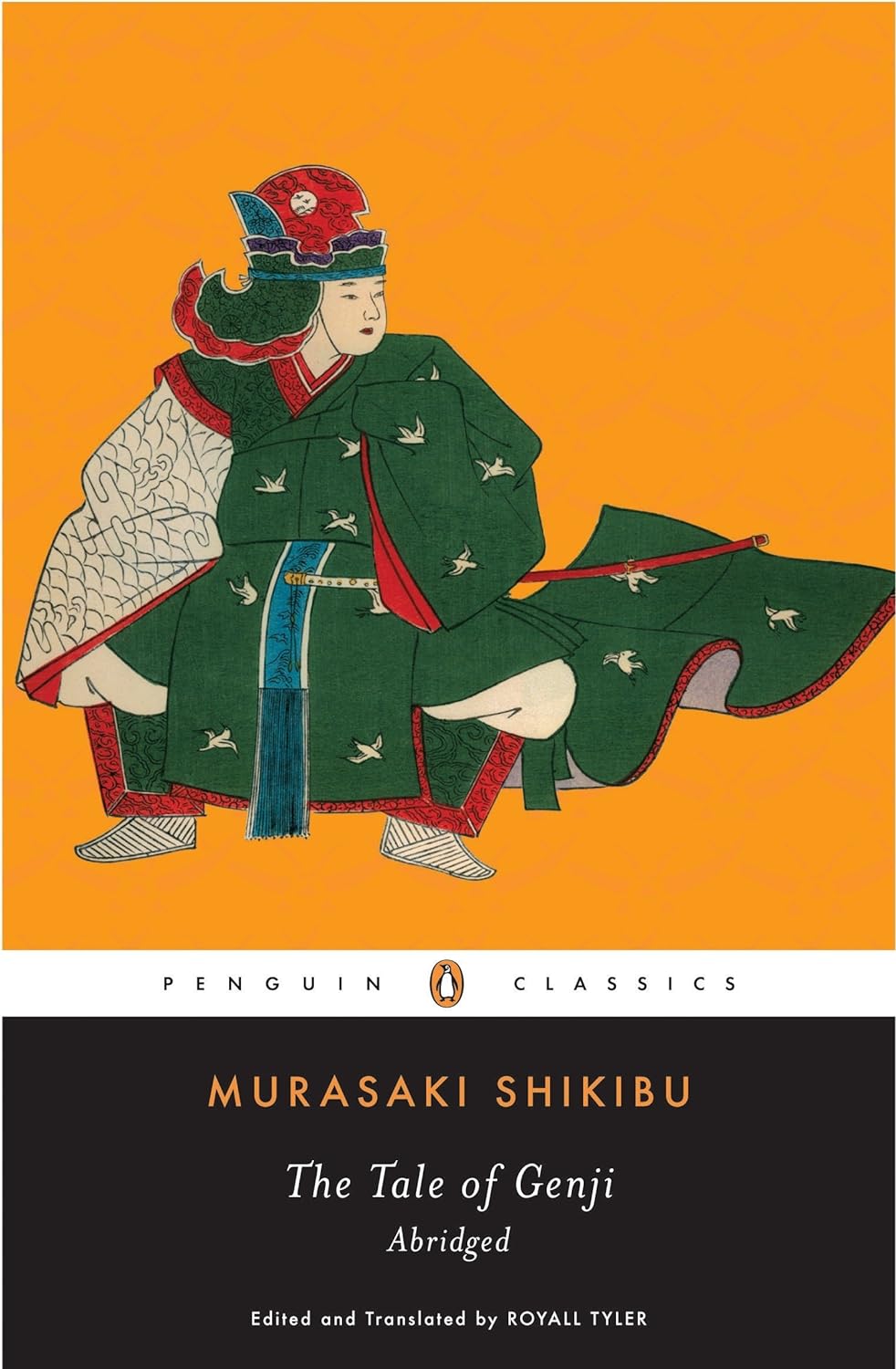
Tale of Genji by Murasaki Shikibu
This portrait of courtly life in medieval times Japan is celebrated as the world’s first novel. Genji, the son of an emperor is a passionate character whose nature, family, love affairs, alliances, and shifting political circumstances form the core of this magnificent epic. Considered the first classic Japanese novel, this one is still unmissable a thousand years later.
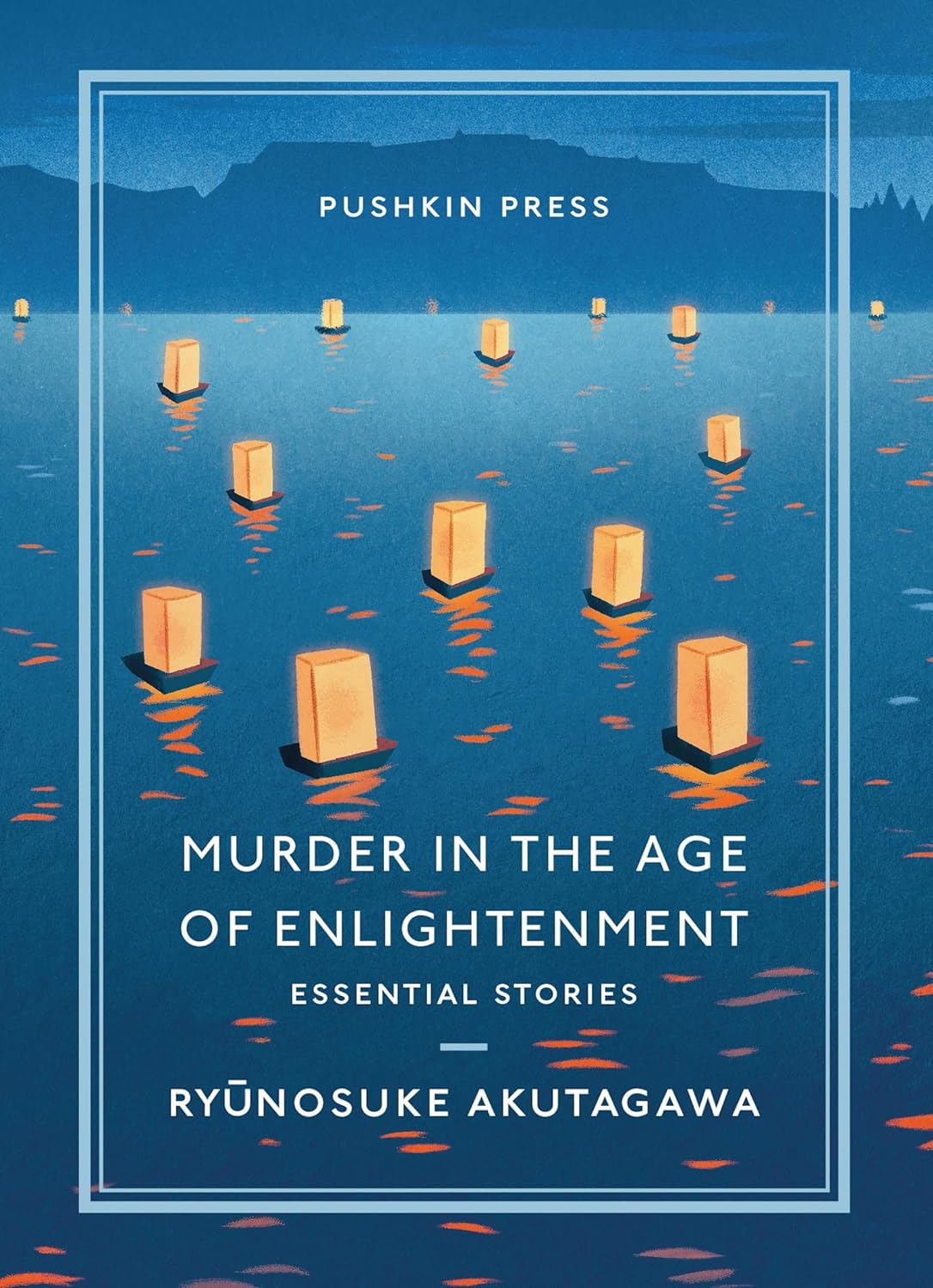
Murder in the Age of Enlightenment by Ryunosuke Akutagawa
Akutagawa’s short stories are so brilliant that each of them could be made into multiple stand-alone movies. Akutagawa was ahead of his times, his stories bordered around insanity, disturbing circumstances, dark characters and a sense of arriving doom. Akutagawa’s portraiture of human nature, his razor-sharp prose is capable of doing in merely a few pages what most novels fail to in more than three hundred.
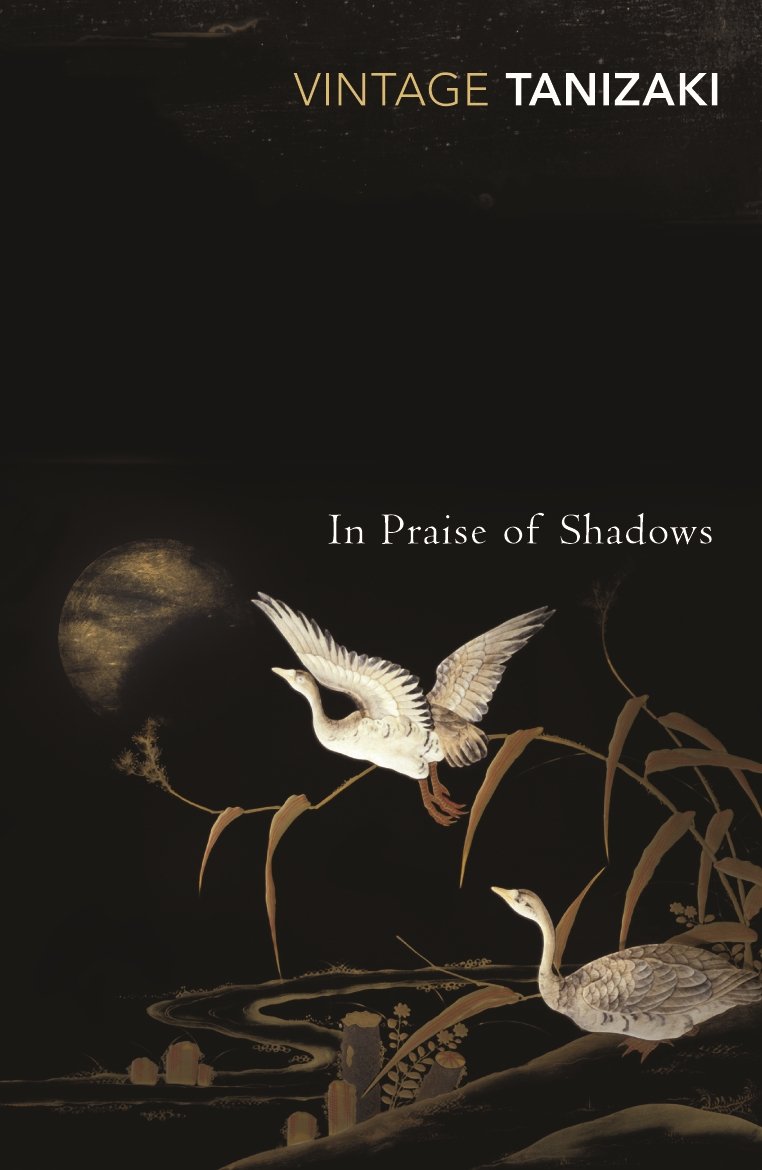
In Praise of Shadows by Jun’ichirō Tanizaki
A 1933 essay on aesthetics by the Japanese novelist. Tanizaki explores architecture, space, silence, food, and even toilets. Tanizaki explores the beauty of sound of rain falling, of passing time, patterns of wood. Tanizaki’s criticism is a haunting meditation on all things beautiful, whether big or small. This book has served as inspiration for various kinds of artists including Puma Blue who titled an entire album after the book.
Pick up a Japanese classic book from any Kunzum store or WhatsApp +91.8800200280 to order. Buy the book(s) and the coffee’s on us.
